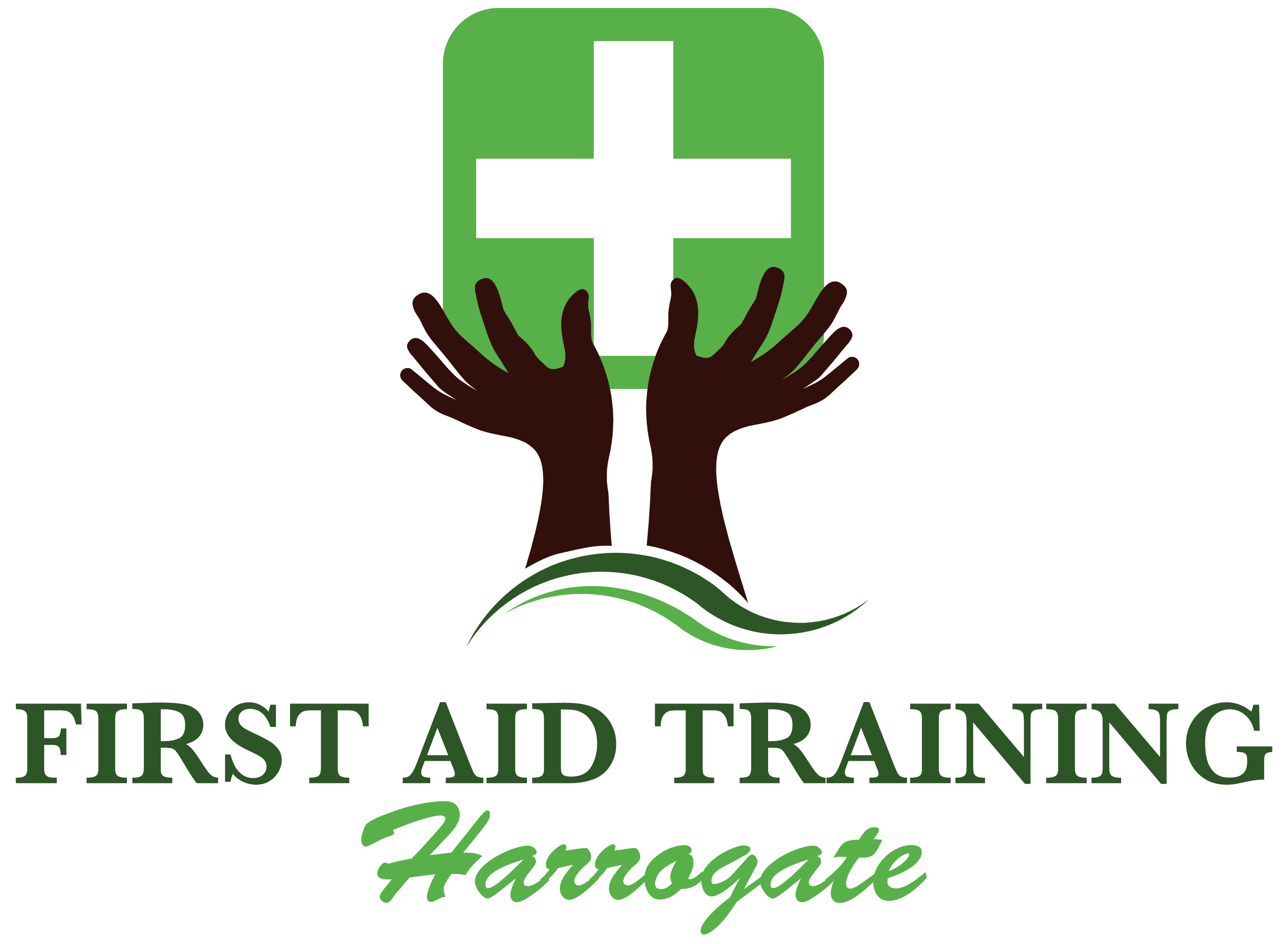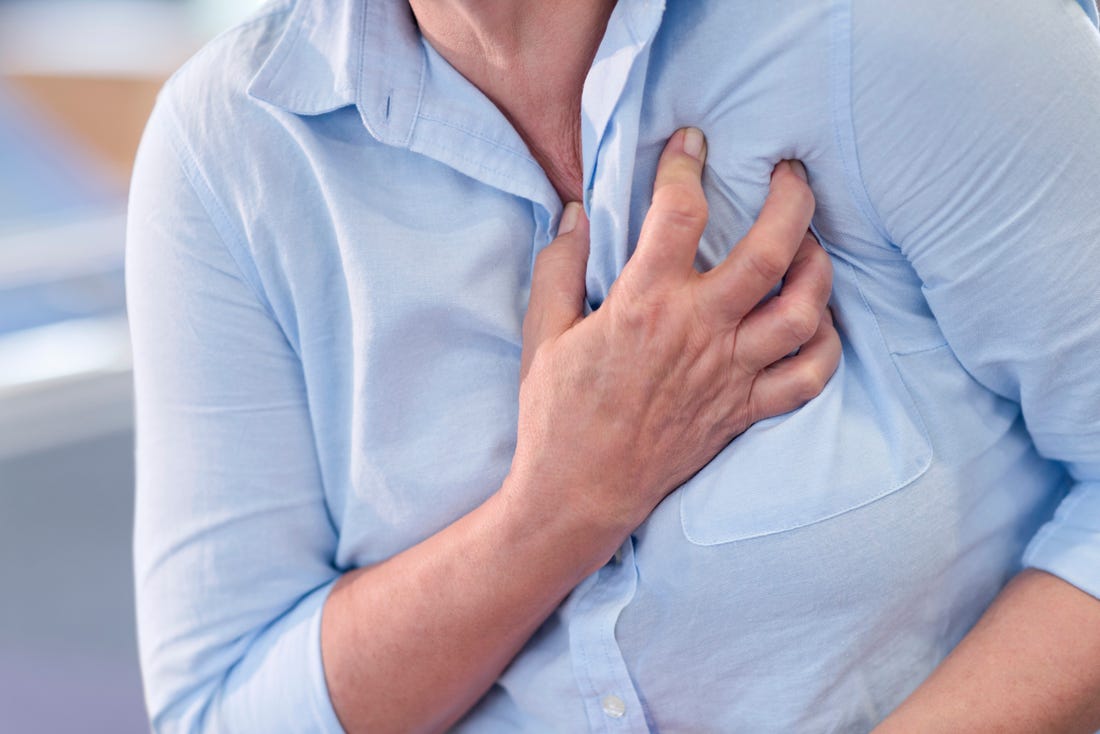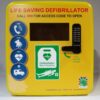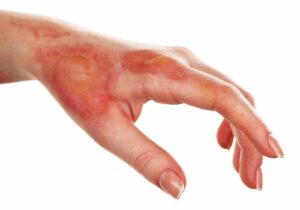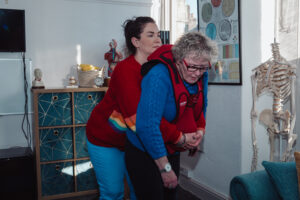Suddenly you feel your heart racing, you have pains in your chest and you feel like your breath has become short and hard to reach. Instantly you feel anxious and panicky – something is definitely not right here.
These physical symptoms can be really frightening, and you might not know what is happening inside your body. Could it be a panic attack or is your body going into cardiac arrest?
Although these two conditions do share a number of similarities in terms of symptoms – they are extremely different in terms of process and severity.
What is a panic attack?
A panic attack occurs when your body’s stress hormones activate your sympathetic nervous system – setting off a ‘fight or flight’ response.
This can often set off a number of physical symptoms on your body, which can make you feel scared, dizzy and even give you feelings of impending doom. Other symptoms of a panic attack may include sweating, nausea, dry mouth, a sense of dread, numbness and pins and needles in your fingers.
What can I do if I think I’m having a panic attack?
- Phone someone for reassurance
- Stay calm
- Practice mindful breathing
- Focus on an object or picture
- Rest
Panic attacks are generally quite brief. They could last anywhere between 10 – 30 minutes, sometimes longer if it is a particularly bad attack.
Although very frightening, remember that panic attacks are not dangerous and cannot harm you. They are your bodies response to stress and with the correct techniques, the symptoms can be reduced significantly.
If you are alone when having a panic attack, try to call a friend or neighbour for support. They will help you to get through it and avoid any feelings of loneliness, which can also sometimes make the attack worse.
Calming breathing exercises can also help to keep your panic attack under control and get your parasympathetic nervous system to override. Try to count your inhales and exhales and make them last for as long as you can. Try to breathe in for a count of four. Hold your breath for a second, and then breathe out for a count of four.
Try alternating between breathing in through the nose and breathing out through your nose – to then breathing in through your nose and breathing out through your mouth with pursed lips as if you were blowing something far away from you.
Try to keep your mind in the current moment – try not to think about anything else going on. Sometimes, focusing on a single object, photograph or painting on the wall can help you to stop your mind from wandering.
What is a heart attack?
A heart attack is a medical emergency. You should immediately call 999 for an ambulance if you suspect yourself or someone else is having a heart attack. If you suspect yourself of having a heart attack, tell someone you are with as soon as you can. Treatment for a heart attack is most effective the sooner it is given.
A heart attack occurs when there is a sudden loss of blood flow to a part of your heart muscle. Without enough blood or oxygen flow to your heart, it can become seriously damaged. Most heart attacks are caused by coronary heart disease, where the coronary arteries become narrow due to a build-up of fatty deposits. Other heart attacks can be caused by drug misuse or a sudden drop in oxygen levels in your body.
Usually, a heart attack takes place after a period of exertion or stress. There is usually a pain in your chest that happens suddenly and doesn’t go away. There is also pain that spreads to your left or right arm, your neck, jaw, back or stomach. The pain level could vary from uncomfortable to extremely tight and severe. There may also be nausea, a rise in temperature, sweating, dizziness and shortness of breath.
What to do if you think you are having a heart attack?
- Call 999 and ask for an ambulance
- Sit upright and stay calm
- Practice mindful breathing
- Take 300mg of aspirin if you have it close by
- Wait for the ambulance to arrive
The most important thing to do is call for help immediately at the onset of symptoms. Call 999 for an ambulance and tell the operator that you suspect a heart attack. If you are with someone else – get them to call.
Try to stay calm. Sit upright with your back supported and practise your breathing exercises. Take long deep inhales through your nose and long deep exhales through your mouth. Focus on an object close by or perhaps close your eyes to help you relax further.
If you have aspirin close to hand – then take 300mg as soon as you can.
Wait for the paramedics to arrive. They will do an ECG to detect whether you are having a heart attack and take you to the hospital to get treatment.
Most people make a full recovery from a heart attack, but it can be a truly frightening experience. The British Heart Foundation is a charity there to support those who have suffered from heart-related issues. Remember that treatment is most effective the sooner you get help so act fast and call 999 as soon as possible.
For more advice on how to help others having a heart attack, you could consider taking a First Aid training course. This could help you to save the life of a friend, family member or colleague in their time of need.
